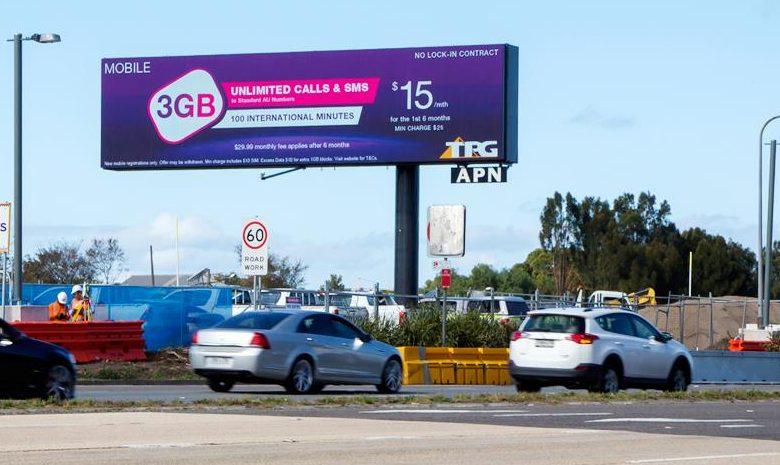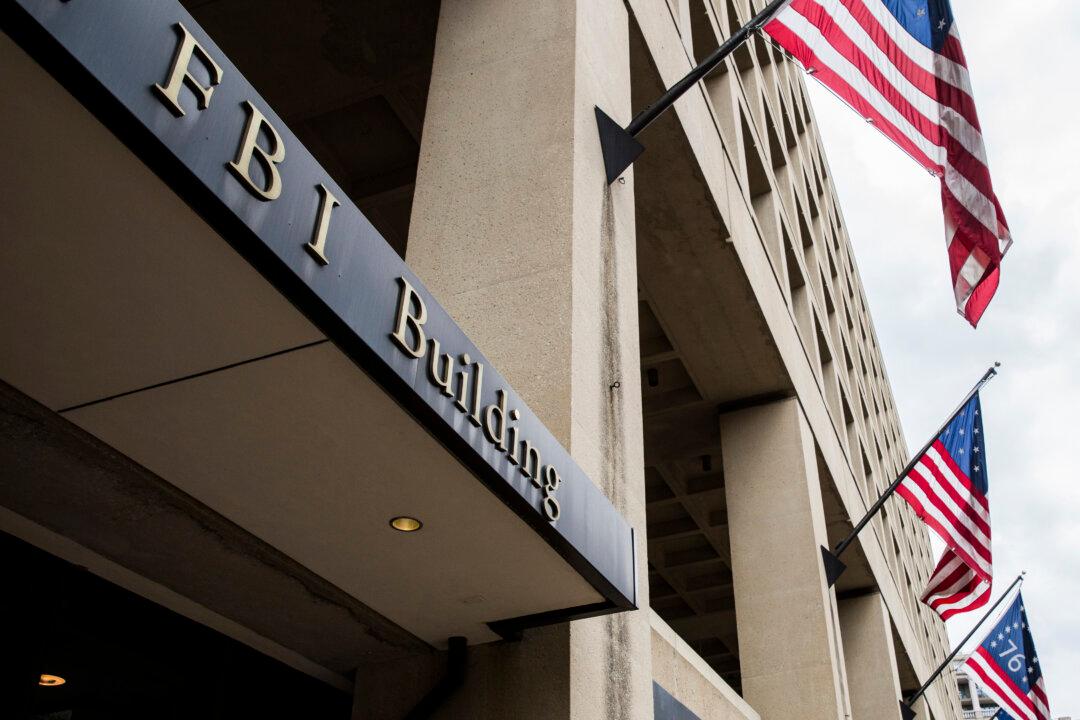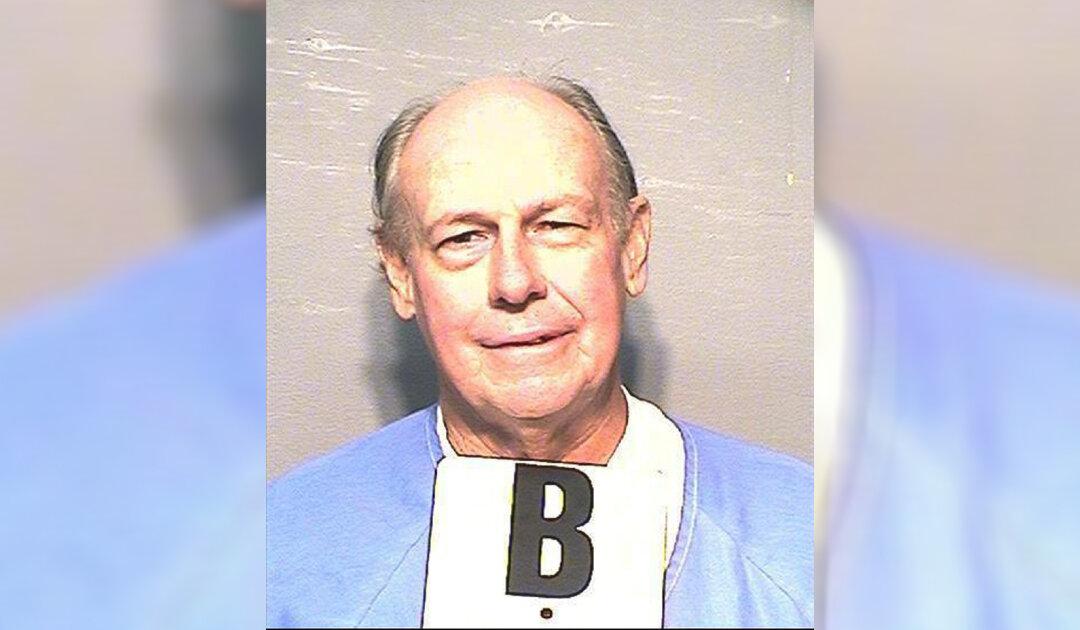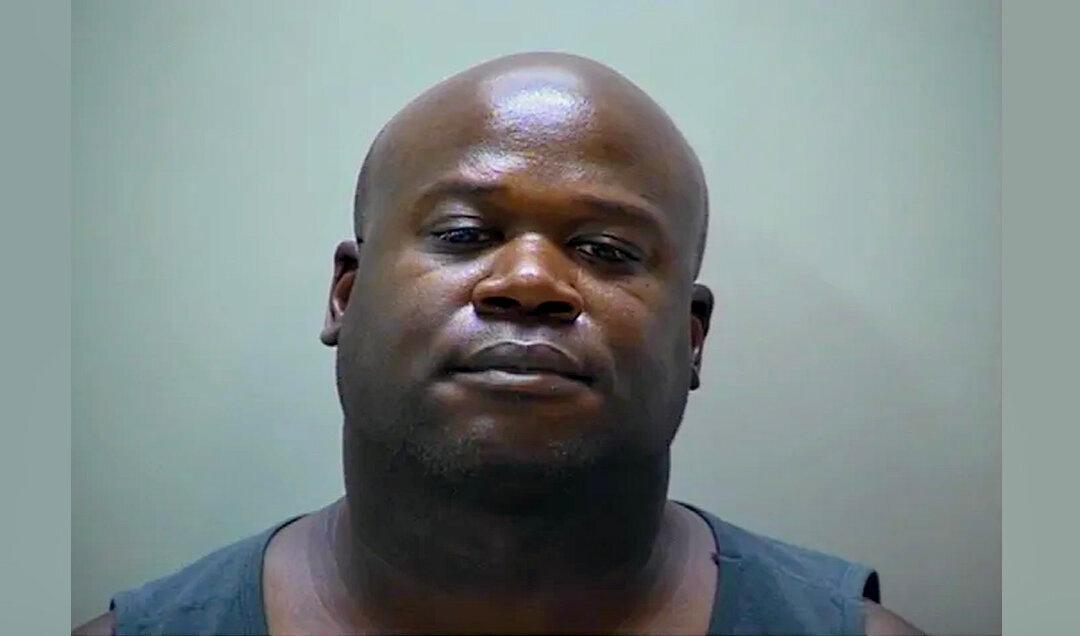An Australian telecommunications and information technology company has become the latest to sever its ties with China-headquartered telco Huawei.
TPG Telecom blamed its decision on Huawei’s failed bid to supply mobile equipment for Australia’s new 5G cellular network. The Australian government banned the China-based telco and its rival ZTE from participating in the network altogether due to security concerns back in August 2018.





